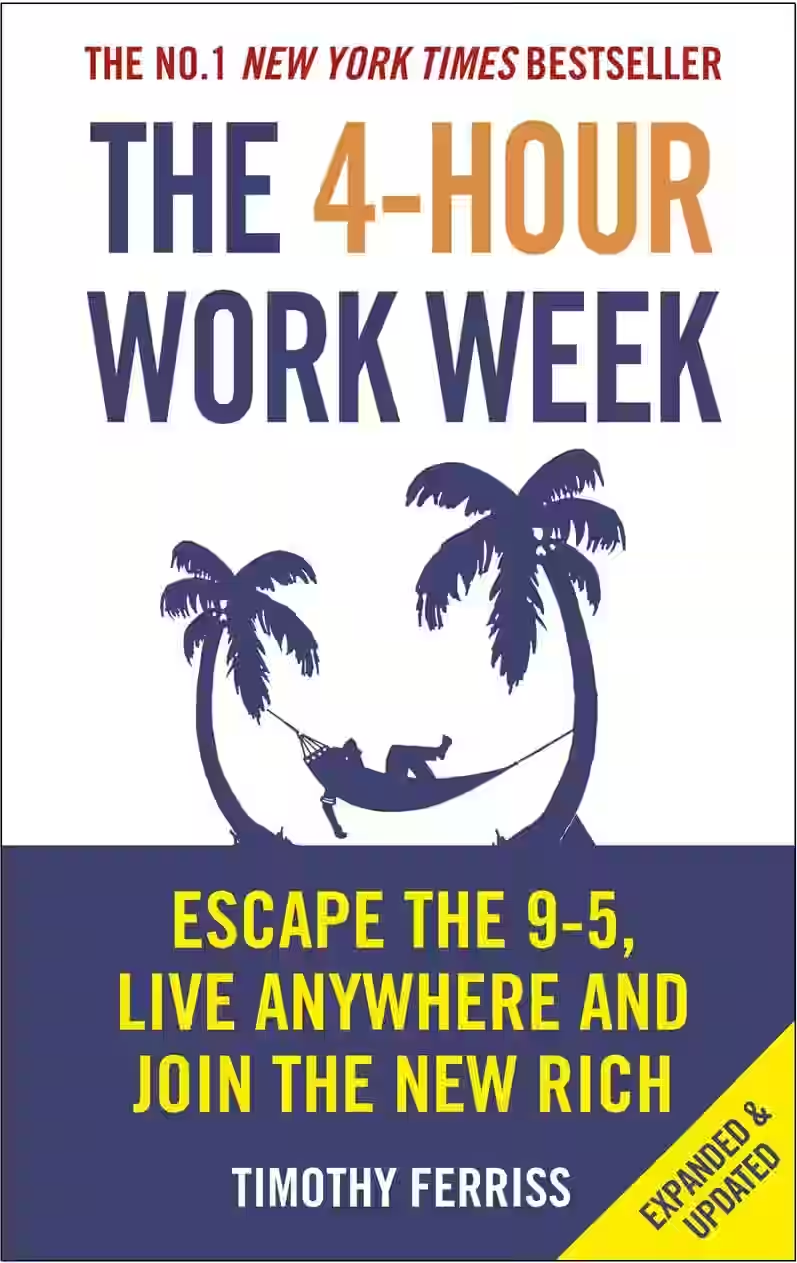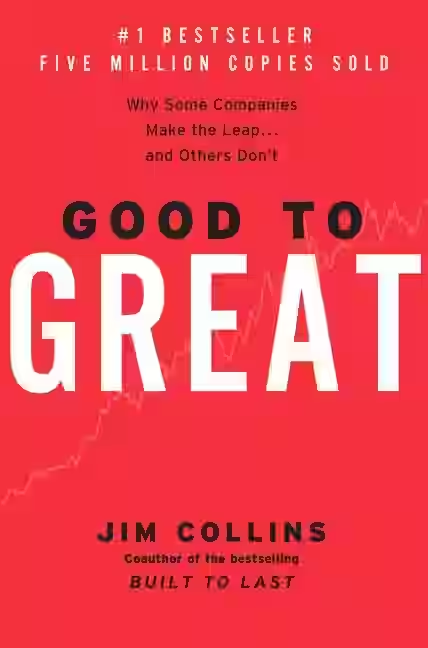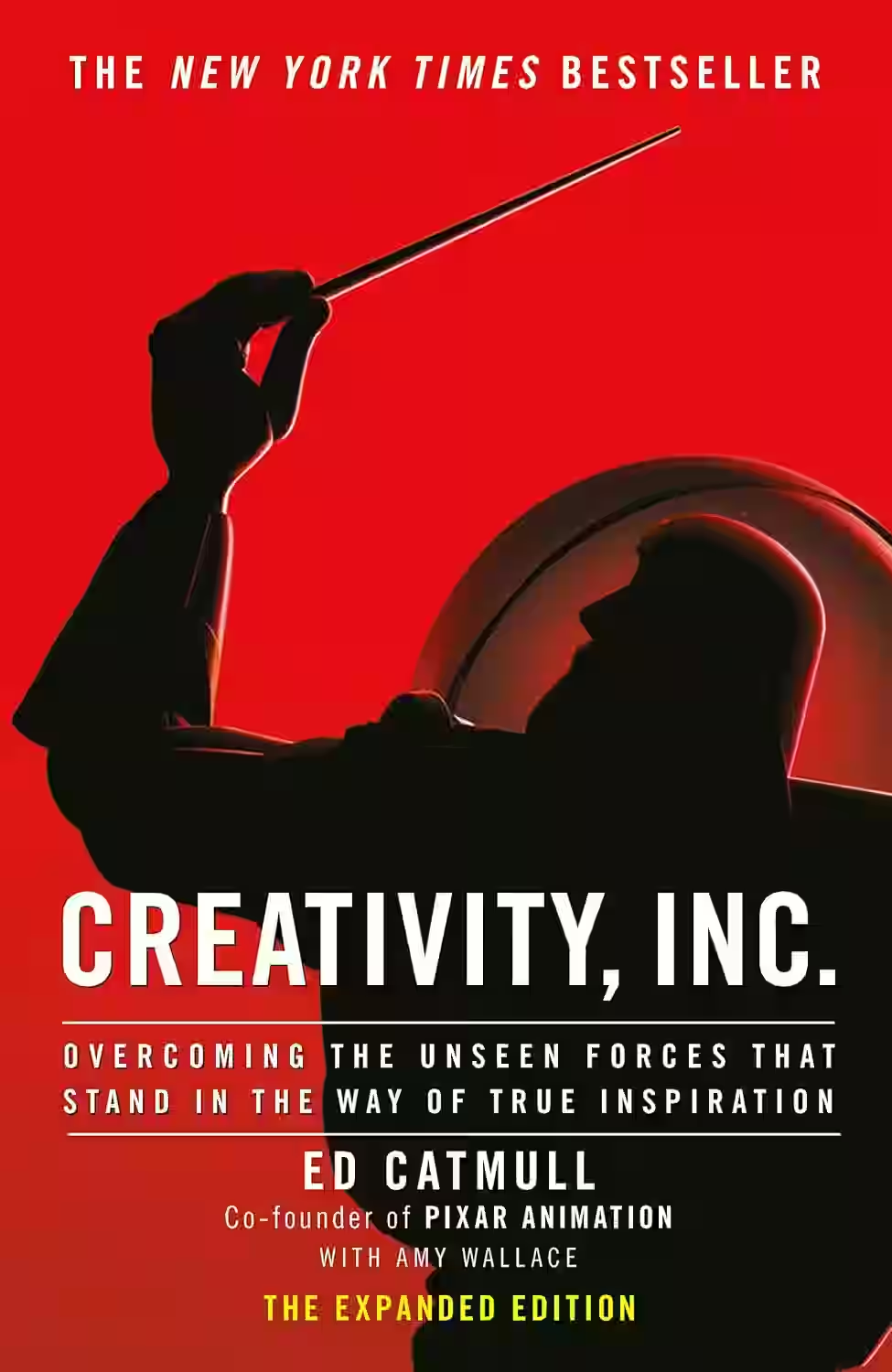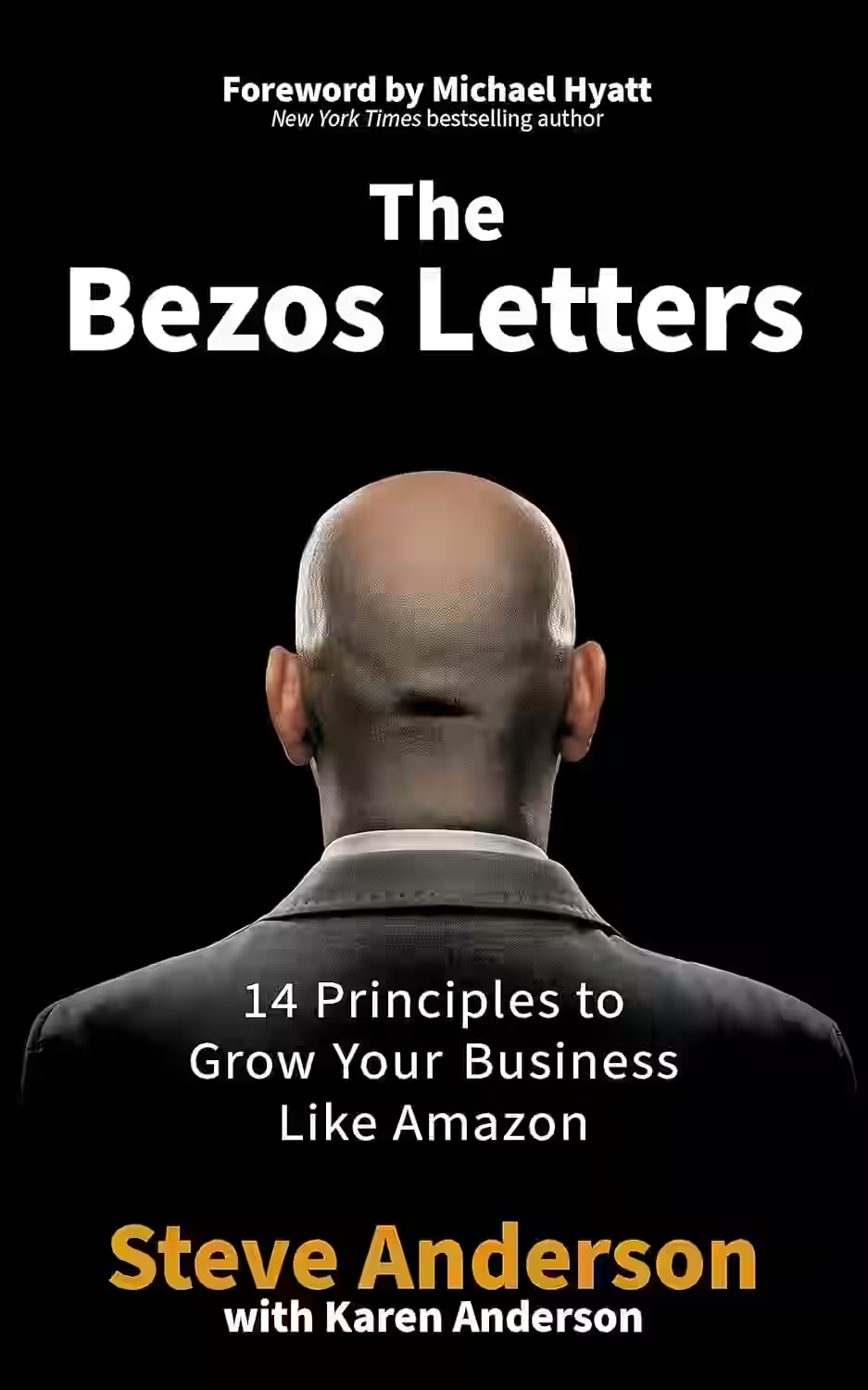
In Timothy Ferriss' 'The 4-Hour Work Week,' readers are introduced to a groundbreaking perspective on achieving financial freedom and reclaiming one's time. Ferriss challenges the traditional notions of work and productivity, emphasizing the importance of efficiency and outsourcing. Through real-world examples and actionable strategies, he guides readers on how to streamline their work, create automated income streams, and design a life of their choosing. This book not only offers practical tips on remote work and lifestyle design but also prompts readers to question societal norms around work and success. 'The 4-Hour Work Week' is a transformative read that inspires readers to redefine their approach to work and life.
About Timothy Ferriss
Timothy Ferriss is an American author, entrepreneur, and public speaker known for his groundbreaking self-help and productivity books. Born on July 20, 1977, in East Hampton, New York, Ferriss rose to fame with his debut book 'The 4-Hour Workweek' in 2007, which became a bestseller and laid the foundation for his subsequent works. He is also the author of 'The 4-Hour Body' and 'The 4-Hour Chef', exploring themes of efficiency, optimization, and personal development. Ferriss's writing style combines practical advice with personal anecdotes, making complex subjects accessible to a wide audience. His innovative approaches to work and life have had a significant impact on the self-improvement genre, inspiring readers to rethink traditional norms and strive for a more fulfilling lifestyle.
Similar Books

Everything Is Figureoutable
by Marie Forleo
In 'Everything Is Figureoutable,' Marie Forleo delivers an empowering guide that encourages readers to transform their mindset and approach challenges with a can-do attitude. The book is rooted in the simple yet profound belief that every problem can be solved with a strong will and a resourceful mindset. Combining personal anecdotes, actionable advice, and practical exercises, Forleo demystifies common life obstacles and offers a blueprint for cultivating resilience and creativity. Her engaging writing style, coupled with her personal insights, makes the book both inspirational and accessible. Ideal for anyone looking to break through barriers and achieve personal and professional growth.

Good to Great
by Jim Collins
In Good to Great, Jim Collins investigates why some companies make the leap from being merely good to truly great—and sustain that performance. Based on extensive data analysis and case studies, Collins identifies key factors behind this transformation, including disciplined people, thought, and action. Central concepts include the Hedgehog Concept, Level 5 Leadership, and the Flywheel Effect. The book argues that greatness comes from building a culture of excellence, facing brutal facts, and staying focused on long-term goals. Insightful and accessible, Good to Great is widely considered essential reading for leaders aiming to build high-performing, resilient organizations.

Creativity, Inc.
by Ed Catmull
Ed Catmull, co-founder of Pixar, offers an insider’s guide to building a creative culture. Through stories from the making of beloved films like Toy Story and Finding Nemo, Catmull reveals how Pixar nurtures innovation while maintaining excellence. He discusses leadership, collaboration, and the importance of candor in creative work. Central to the book is the idea that protecting creativity requires careful management of failure and feedback. Creativity, Inc. is not just a memoir—it’s a manual for leading with purpose, whether you’re in animation, tech, or any field requiring bold ideas and inventive teams.

The Bezos Letters: 14 Principles to Grow Your Business Like Amazon
In 'The Bezos Letters: 14 Principles to Grow Your Business Like Amazon' by Steve Anderson, readers delve into the core principles that propelled Amazon to incredible success. The book breaks down Jeff Bezos' annual letters to shareholders over the years, revealing essential business strategies such as customer obsession, embracing failure, and long-term thinking. Anderson expertly distills these principles, providing valuable insights and actionable advice for entrepreneurs and business leaders looking to emulate Amazon's achievements. Through a combination of analysis and real-world examples, this book offers a compelling roadmap for growth and innovation in today's competitive market.